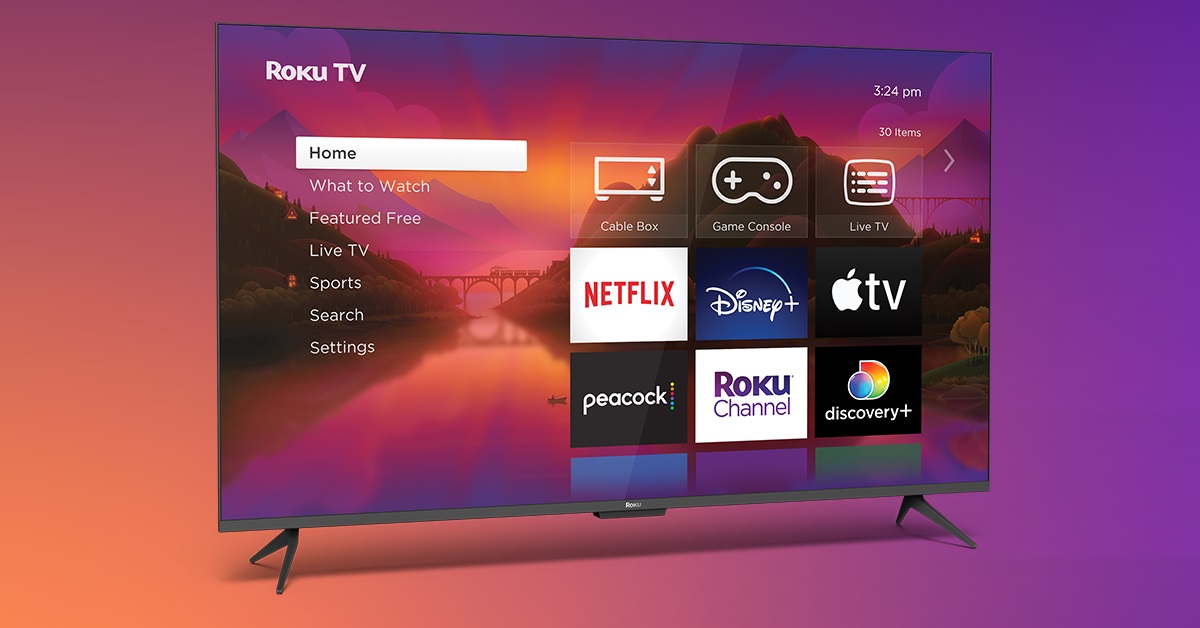Did you ever see that episode of Black Mirror set in a dystopian world where people live in small rooms covered in screens that force them to watch advertisements at regular intervals? Well, we appear to be well on our way to making that nightmare a reality, as a recent patent filing from TV and streaming device maker Roku shows that the company is developing technology that would allow it to put ads on the screen any time you press pause.
As spotted by Janko Roettgers, writer of the Lowpass newsletter, Roku filed a patent in 2023 for technology that can inject ads into third-party content using an HDMI connection.
As Roettgers notes, ads and services are Roku’s bread and butter. Its cheap TVs actually lose money, but the all the ads and services those customers end up seeing and using generated a gross profit of over $1.5 billion for the company in 2023.
In fact, Roku’s screensaver ads are so valuable to the company that third-party developers are not allowed to integrate their own screensavers into their apps.
One of the only times when Roku can’t serve users ads is when they switch over to any external device. For instance, if you connect a Switch, a PS5, or an Apple TV to your Roku TV, there’s no way for Roku to show you any ads while you use those devices.
At least, there’s no way for Roku to show you any ads yet.
The technology Roku describes in the patent would be able to monitor the video signal when a user is watching a movie or playing a game on an external device. The system would be able to detect when the content is paused, recognize the content by grabbing the frame, and then serve up a relevant ad on the screen until the user hits play again.
So, let’s say you are playing Super Mario Bros. Wonder on your Nintendo Switch and pause the game to go grab a snack. When you come back, you might see an ad for a Switch accessory or another Mario title on the screen, overlaid on top of your game.
Whether or not this technology ever sees the light of day remains to be seen. We cover patents all the time, and plenty of them never result in an actual product or service. That said, this would clearly drive even more profits for Roku, so we imagine it’s only a matter of time before technology like this ends up on our TVs in some form or fashion.

